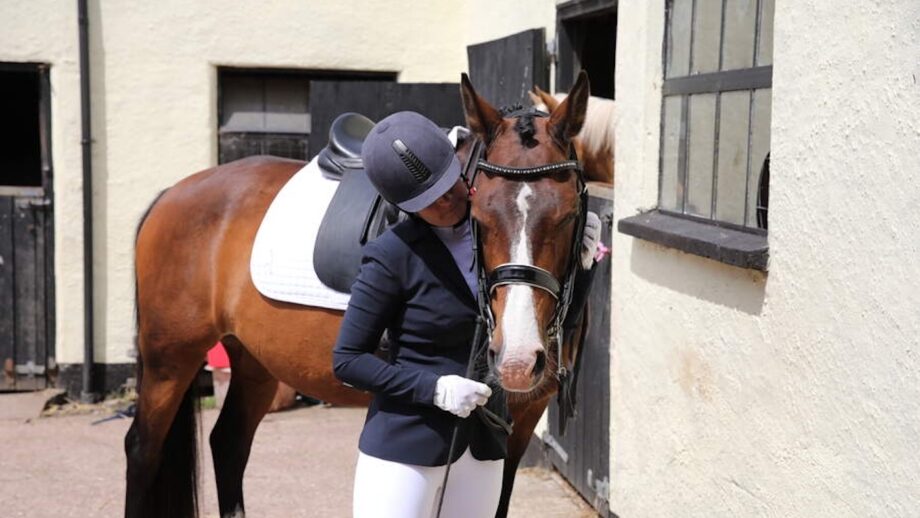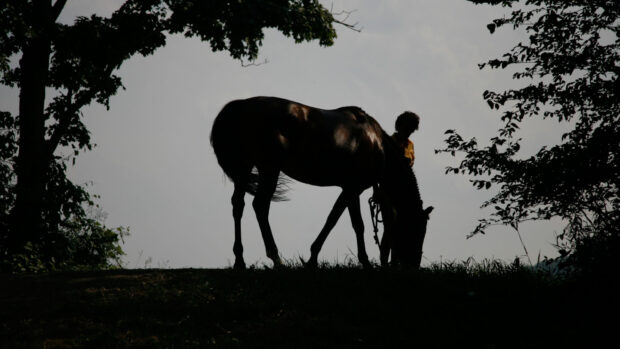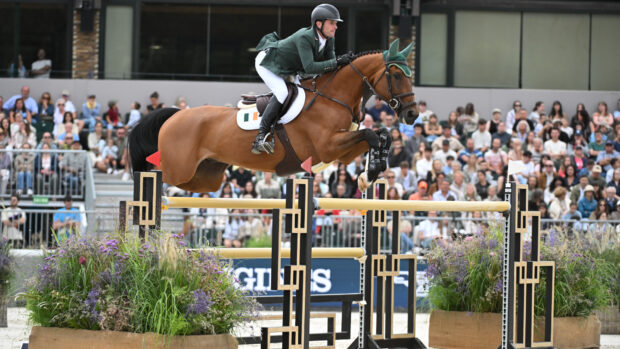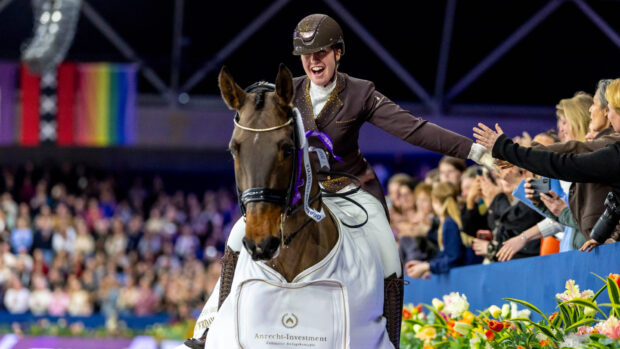Equestrian sport needs not only a truly horse-centric approach but an independent body to ensure this is the case, a study has found.
Leading animal welfare science researcher Mette Uldahl and welfare science professor David Mellor’s commentary paper, published in Animals, was written to “help secure a future for equestrianism by evaluating contemporary standards, identifying areas where the culture and structure of horse sport require modernisation and suggesting solutions”.
The researchers analysed scientific papers and presentations, regulatory texts, discussions at the FEI Sports Forum and more validated sources to provide evidence for the debate.
“Having worked in the horse sport industry for many years, it’s like the debate is fragmented, sometimes even unhinged,” Dr Uldahl told H&H. “For years, I’ve felt we need to see the overall picture, that this is a pattern, part of a culture and a structural problem, but also that many of the different issues we discuss are actually connected.”
Dr Uldahl said that many issues, such as noseband tightness and mouth lesions, for example, are all related to the effect of competition on human nature. She noted that even trends that are common, such as wearing ear bonnets, can be a concern, as many are tight enough to stop the horses’ ears moving fully, but also indicative of a culture of camouflage, and limiting horses’ ability to answer us.
The study noted that some research may not consider as full a picture as it could, and that results are often interpreted in an inaccurate, out-of-context or misleading way. The authors say this “underscores the need for comprehensive literature reviews conducted by independent and qualified professionals… to prevent misrepresentation or selective use of findings and when findings are inadequate, to resolve specific horse welfare concerns so that erroneous interpretations are not used by horse sports organisations to shape policy or influence public opinion”.
The research calls for governing bodies to “adopt clear, science-based welfare standards, involve independent experts and put the horse’s experience at the centre of all decisions”, and Dr Uldahl said independence is the key.
“Do I think change is possible? I think the elite part of sport cannot do it on its own,” she said. “Part of the process for the whole sport is to understand that they need independent advisory groups. Sometimes the sport talks about independent groups, but if this advisory group is appointed by the sport, it’s by definition, not independent.
“My best advice for the whole sport is to create some sort of levy board, to fund an independent structure of professionals knowledgeable not in traditional horse-sport practices. They could be there as well, but balanced with professionals in horse welfare and behaviour, to get real independent input, which it needs as a lever to transform.”
Dr Uldahl said she is a huge supporter of equestrian sport; hence her calls for it to change so it is acceptable to the public, as well as genuinely putting the horses first. And she added, as found in the study, that the rules and governance have to change so the comfortable, happy equine athletes are the winners.
The study also found a challenge is that knowledge is passed down through generations, learnt when welfare science was not advanced, and changing minds is then difficult.
“I think everyone at this point realises we can’t go back, because things were wrong in the past as well,” she said. “But we have to look at how it is and say, ‘Where can we do better with the knowledge we have now?’ That means taking some practices and traditions and realising others do not do good to horses. So we should abstain from them.”
World Horse Welfare chief executive Roly Owers told H&H the charity welcomes “the ongoing dialogue around how equestrian sport should respond to both new scientific findings and the changing attitudes of the public and equestrians”.
“It is imperative that sound scientific research informs welfare policy and practice, as is ensuring that all research findings are interpreted and communicated in a responsible way,” he said. “This is where having independent input into sport’s decision-making should play a key role.”
- To stay up to date with all the breaking news from major shows throughout 2025, subscribe to the Horse & Hound website
You may also be interested in:

Emergency rule change bans unnatural mouth foam as it’s ‘clearly against horse welfare’

Gymnastics turned its sporting ‘crisis’ into welfare reform – can horse sport follow suit?

Exam proposed to own horses – but ‘the best PR is doing the right thing’

Major focus on ethical training and horses’ mental fitness to compete

Subscribe to Horse & Hound magazine today – and enjoy unlimited website access all year round




